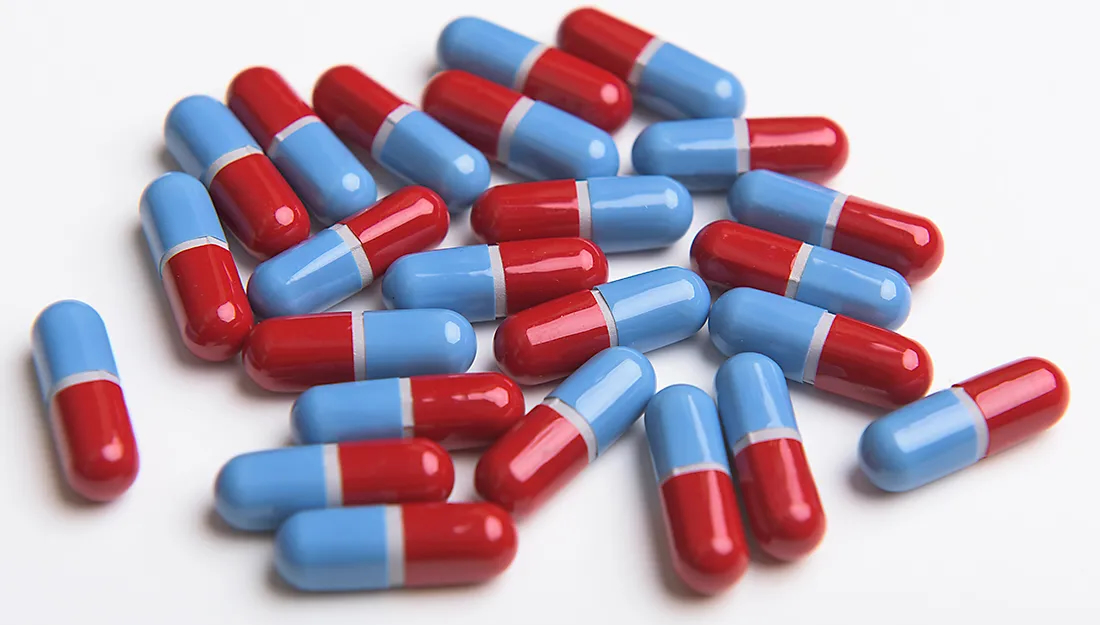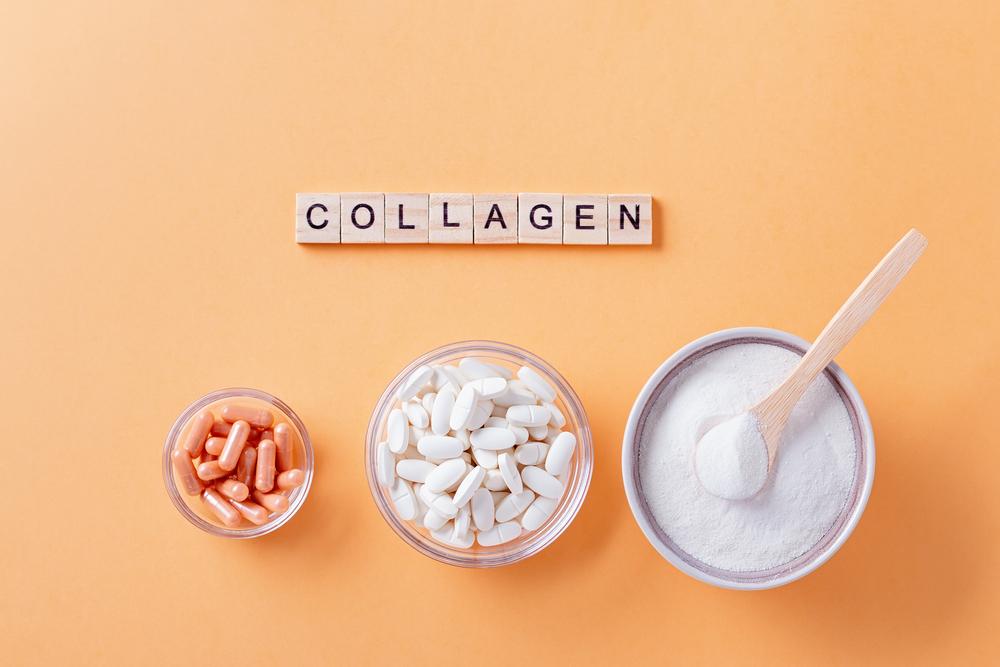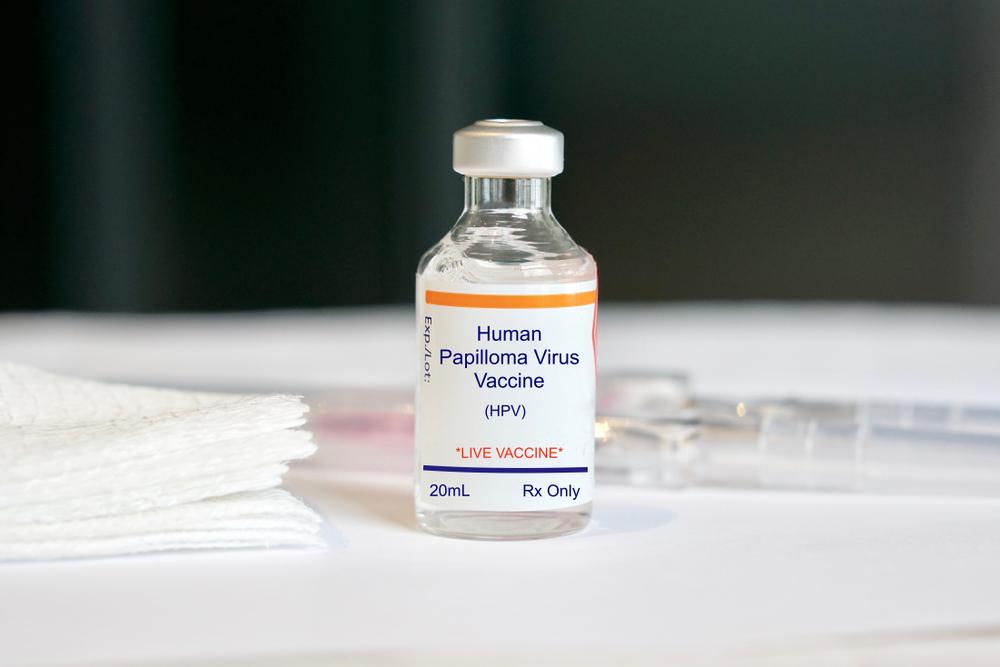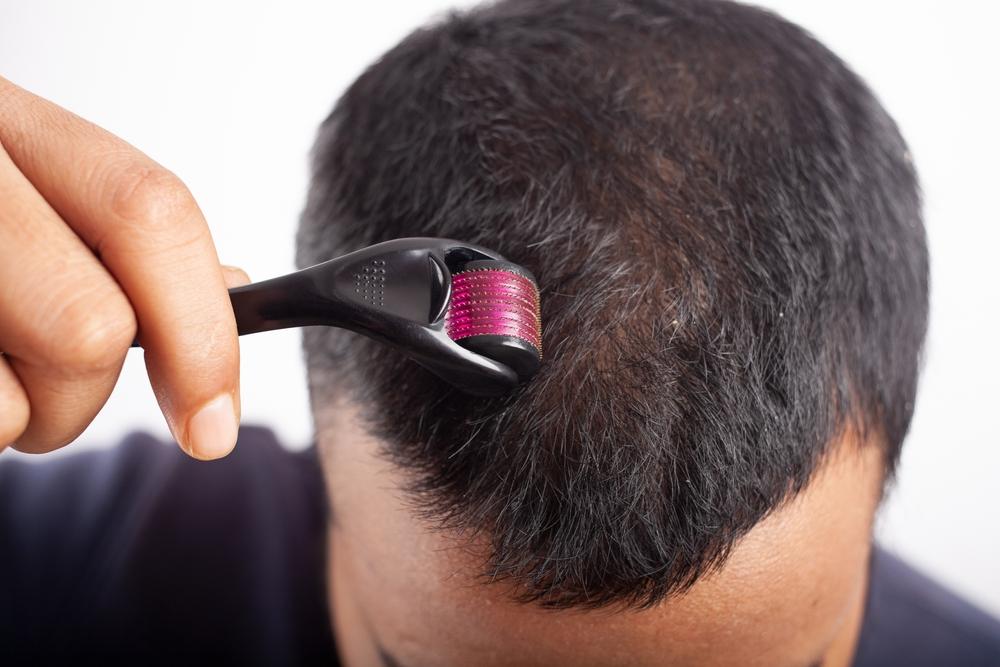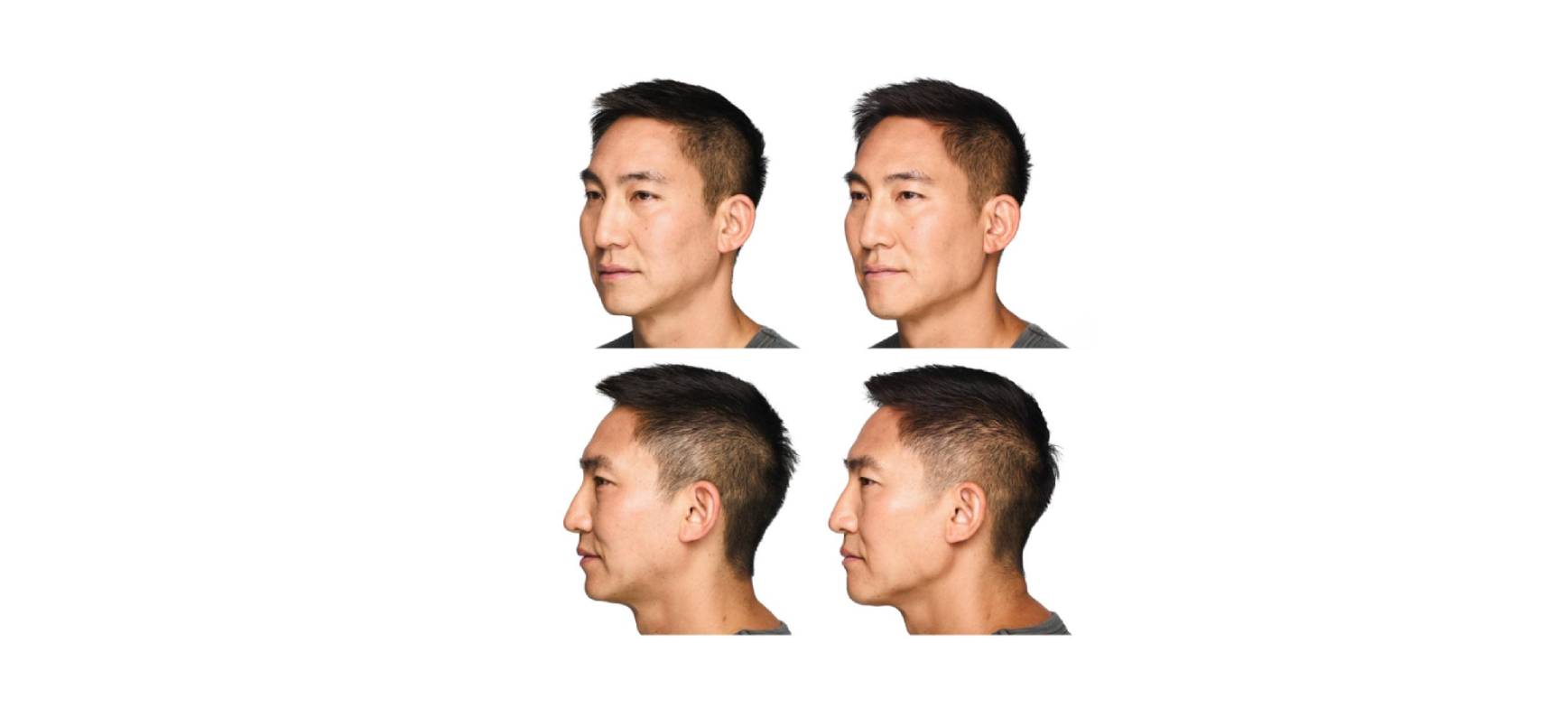Introduction
The association between diet and skin health has long been a topic of interest.
With The dairy products often being singled out as potential culprits for acne breakouts.
With plant-based diets gaining popularity, it’s crucial to assess the scientific evidence behind claims of clearer skin.
While some studies suggest a connection between dairy consumption and acne, the relationship is complex and the findings are mixed.
This article aims to provide a comprehensive overview of the current scientific understanding of the impact of dairy on acne.
Deciphering the Scientific Evidence
Nutrition research in the field of dermatology is challenging, and few studies have specifically examined the relationship between dairy and acne.
Consequently, the existing evidence often presents conflicting results.
For example, studies have found that individuals who consume low-fat or skim milk are more likely to have acne.
While others have implicated whole milk in acne development.
Yogurt and cheese, on the other hand, have not been consistently associated with increased breakouts.
Experts have proposed various theories to explain the potential link between dairy and acne.
Some suggest that the quantity of milk consumed, rather than the type of milk, may play a role in acne flare-ups.
Others hypothesize that hormones present in milk, both naturally occurring and artificial, could contribute to acne development.
Additionally, preliminary research has indicated that whey protein found in milk might be associated with acne in some individuals.
However, it’s worth noting that the most popular theory connecting food and acne is related to the glycemic index (GI) of certain foods.
High-GI foods, which are rich in sugars and simple carbohydrates, can lead to increased insulin production and inflammation.
While dairy products have a low GI, excessive consumption of dairy may still trigger inflammatory responses and worsen acne symptoms.
The Importance of a Balanced Approach
While the scientific evidence surrounding dairy and acne is inconclusive, it is worthwhile to examine the potential impact of diet on skin health.
Keeping a food diary can help individuals identify any specific foods or beverages that appear to trigger acne breakouts.
Experimenting with the elimination of these items from one’s diet can provide valuable insights into their individual triggers.
If you suspect dairy products contribute to acne, reducing consumption of high-GI dairy items like ice cream and milkshakes can help.
However, it is crucial to ensure that the diet remains balanced and provides essential nutrients like protein and calcium from alternative sources.
Dairy plays a significant role in fulfilling these nutritional requirements, and eliminating it without appropriate substitutes may have unintended consequences.
It is essential to approach dietary changes with caution and consult with healthcare professionals to develop a personalized approach.
They can provide guidance on maintaining a well-rounded diet while addressing individual concerns related to acne.
Comprehensive Acne Management
While modifying diet may play a role in managing acne, it is vital to understand that it is just one piece of the puzzle.
Acne is a complex condition influenced by multiple factors, including genetics, hormones, sleep quality, and environment.
Developing a holistic approach to acne management is crucial for long-term success.
Adopting an appropriate skincare routine is essential for individuals seeking to manage acne.
Gentle cleansers, lukewarm water, and avoiding harsh scrubbing can help maintain skin health.
Additionally, refraining from touching the face, shampooing oily hair regularly, and removing makeup before bedtime are crucial steps in preventing acne breakouts.
Over-the-counter products containing topical retinoids or benzoyl peroxide may be effective for individuals with mild acne.
However, it is important to use them as directed and avoid excessive use of harsh products, as they can cause skin irritation and worsen acne symptoms.
For moderate to severe acne, prescription treatments may be necessary.
These can include topical or oral antibiotics, prescription retinoids, oil-reducing creams, anti-inflammatory creams, or oral contraceptives for women.
Treatments like spironolactone can help regulate oil production and improve acne symptoms.
Conclusion
The relationship between dairy and acne remains a topic of debate within the scientific community.
While some evidence suggests a potential connection, the research findings are inconsistent.
Adopting a balanced approach that includes maintaining a healthy diet, practicing good skincare habits, and seeking appropriate medical treatments when necessary is key to managing acne effectively.
In conclusion, your skin is one of your most precious assets, and entrusting its care to a board-certified dermatologist.
Ensure it receives the highest standard of care.
If you’re looking for expert guidance in managing your skin health, we invite you to book a consultation with Dr. Sullivan at Sullivan Dermatology.
During your consultation, Dr. Sullivan will discuss your skin concerns, review your health history, and work with you to develop a personalized treatment plan.
Start your journey to healthier, radiant skin by contacting the Sullivan Dermatology office today to schedule your consultation.
Our dedicated team is ready to guide you every step of the way.


